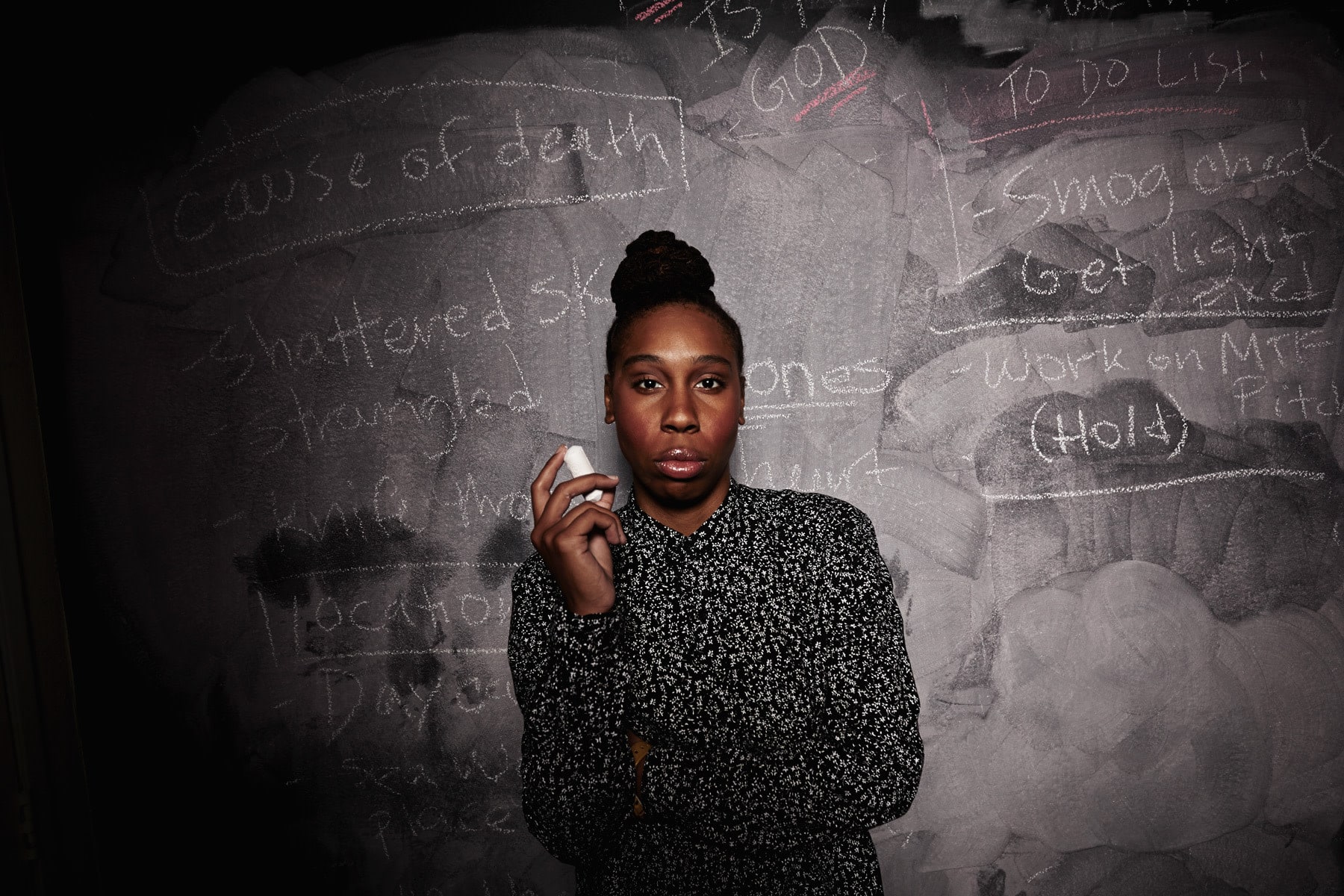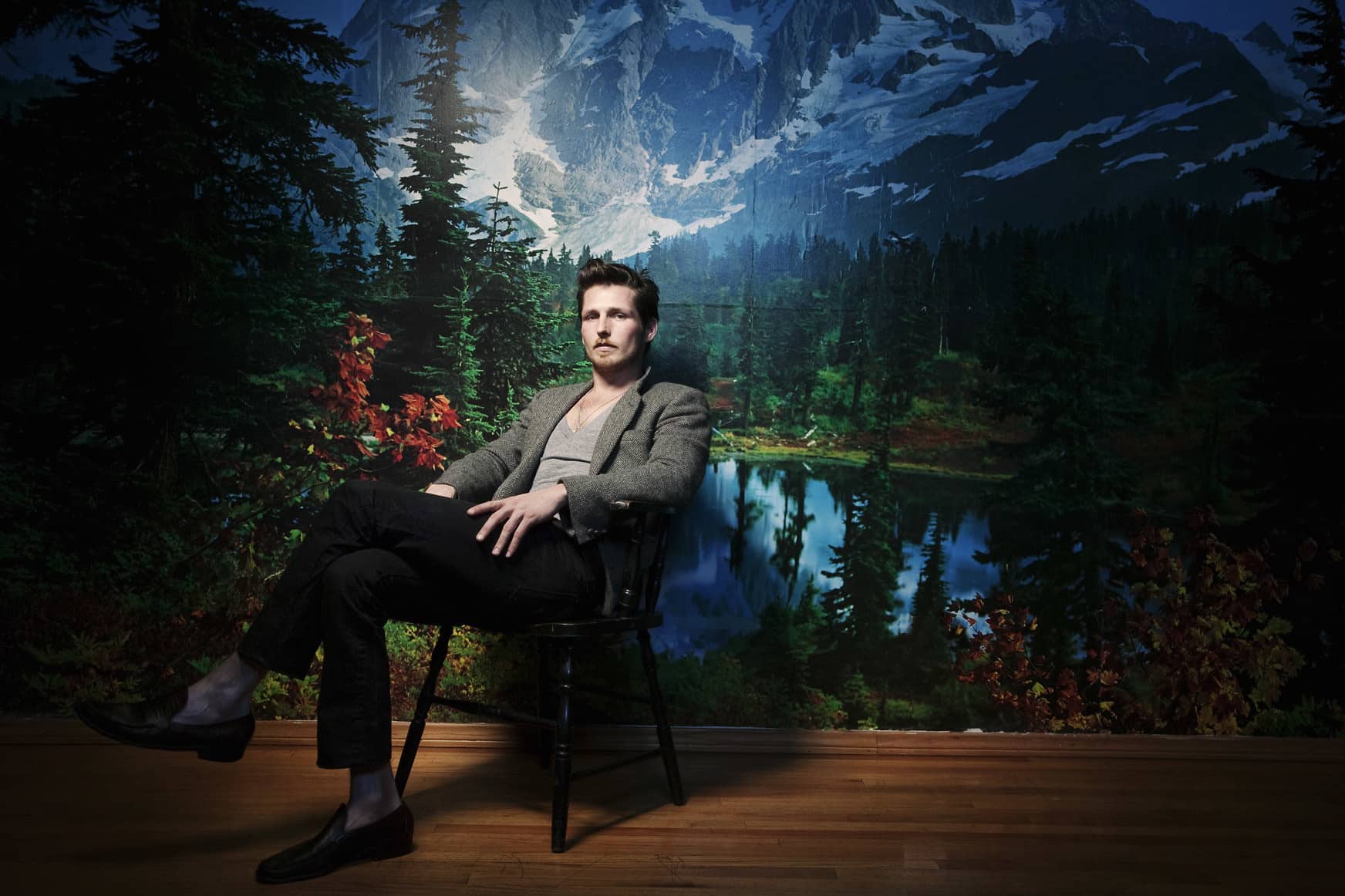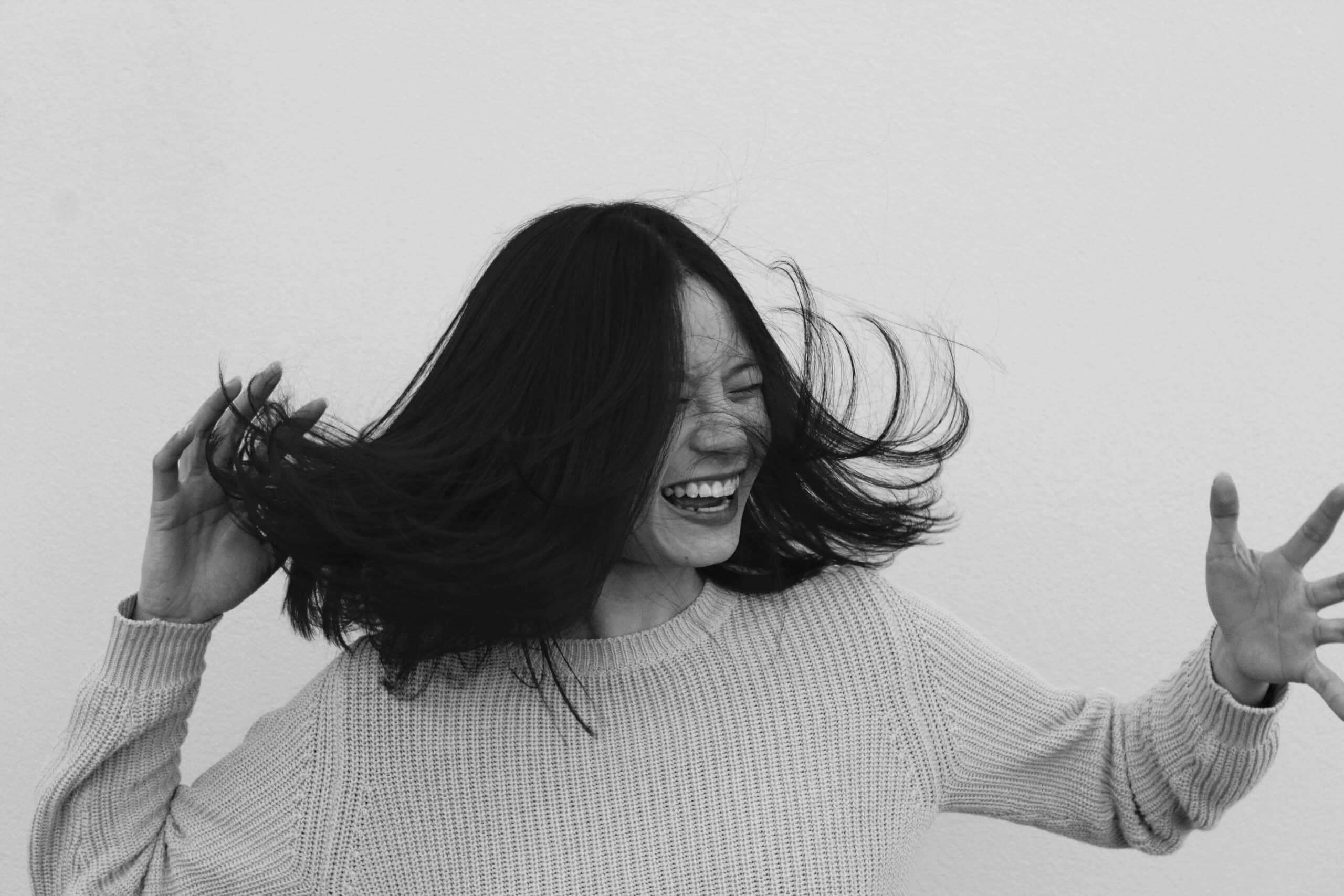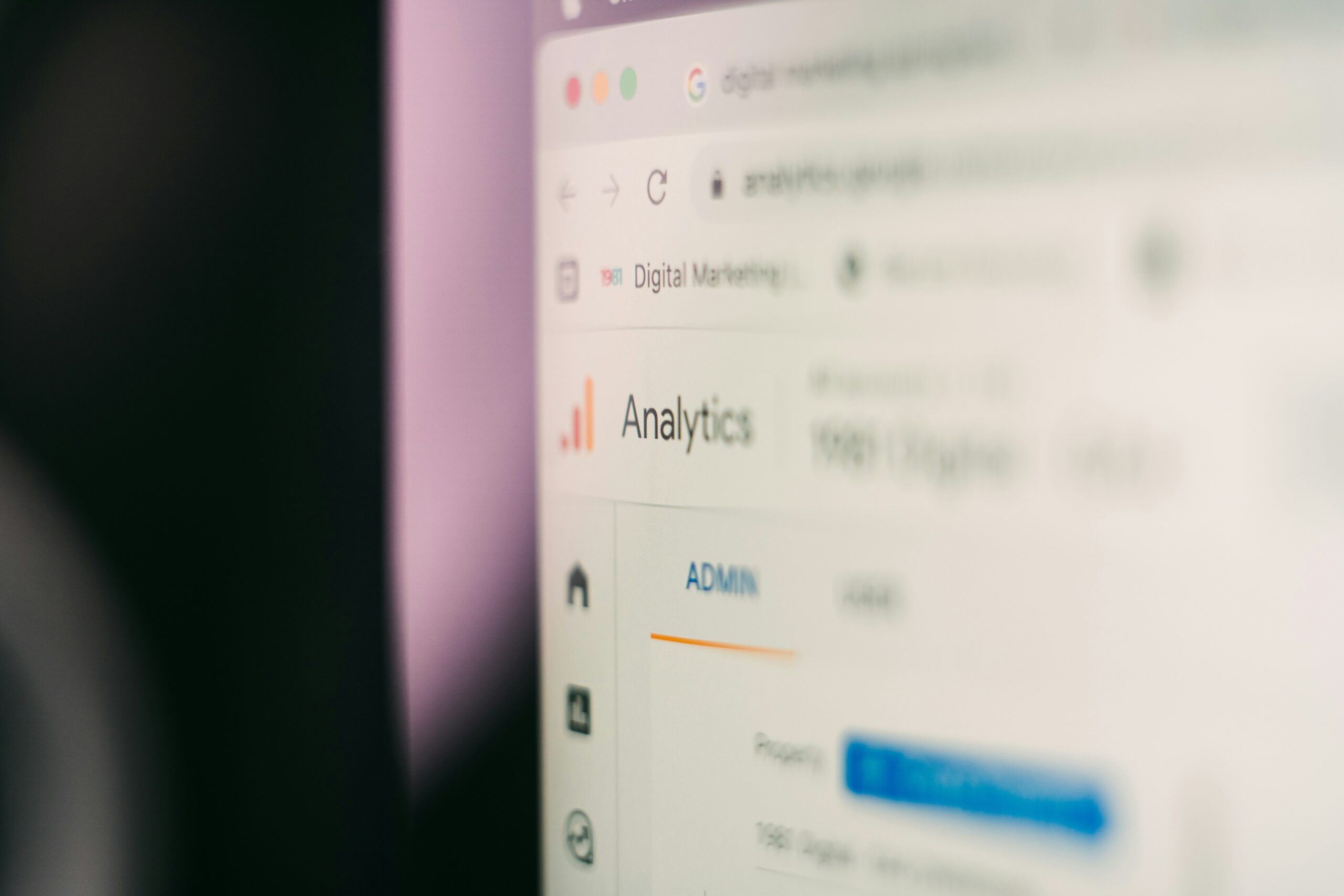This month, Vimeo launched Pride in Motion, a collection of guest-curated channels that highlight LGBTQ+ creators. There’s solid selections by the likes of John Early (Search Party) and Tegan and Sara, but our #1 channel crush is undoubtedly Master of None star Lena Waithe.
Ela ten video picks include a wide range of queer personalities, and focus on queer people of color (QPOC). There’s a biopic on New York-based rapper Cakes Da Killa, a mesmerizing video chronicle of the 24th annual Latex Ball, a fan-filmed live Frank Ocean video, a Young Ma music video, and seven-minute short that tells the story of a barber trying opening a shop for the LGBTQ+ community in New York City. Her picks range in tone from documentary style to stylized music video, effectively working as a unit to craft a diverse picture of what it means to be a QPOC creator in 2017.
We’ve been obsessed with Waithe, a Chicago-born writer, producer and actor, since her breakout performance as Denise on Aziz Ansari’s Netflix series Master of None. Previously she was a producer on Dear White People (2014), and wrote the viral YouTube video Shit Black Girls Say.
Her dynamic career is one that has activated humor towards important political ends. Waithe speaks often about her experience as a black queer woman in the entertainment industry, striving towards increased visibility and opportunity for people like her. We called her up to find out more about her Vimeo channel and get some advice for anyone with Hollywood dreams.
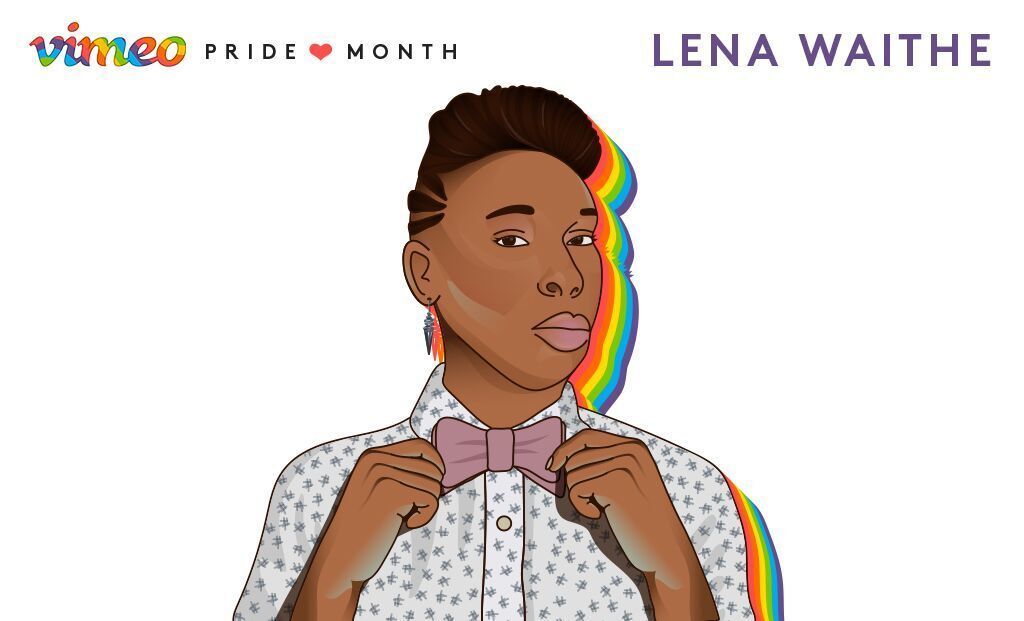
Format: Hi Lena, tell us about the early days. What did you learn from your first production jobs in Hollywood?
Lena Waithe: Those first jobs, where you’re the first person in and the last person out the door, aren’t always fun. I kept the mentality of, ‘I’m doing this now, but I want to be the person steering the ship one day’. Getting an opportunity to watch successful people from afar helped me stay motivated, and also helped me identity things that I wanted to aspire towards, as well as things I didn’t want to aspire towards.
My early jobs were a great way to figure out what kind of leader I wanted to be one day. You can’t learn to lead unless you’ve worked under someone. Entry level gigs and PA gigs are really really helpful for creating a vision for what you ultimately want to be doing ten years down the line—they’re actually part of the process.
Your viral video Shit Black Girls Say allowed you to get your writing in front of a large audience on YouTube. Do you see producing for the web as an opportunity for creators to circumvent gatekeepers?
Para Shit Black Girls Say, I was able to create something where I wasn’t filtered at all. Producing for the web allows you to say whatever you want—to put your authentic voice forward. It’s pretty straight with no chaser. When you get more into writing for a network, that’s when you have to start thinking about creating work that your partners and collaborators will like. Which isn’t always a bad thing.
In that switch, from independent to network, how do you maintain an authentic voice?
There’s definitely a balance between wanting to be an outsider, but also wanting to work within the existing machine. And it’s definitely possible to find that balance. Look at Donald Glover—he makes things that are unique and interesting, but he also makes money.
You don’t want to be on the outside making “cool projects”, and looking in, forever. Some people do, but if you create for long enough, eventually the industry will come calling. It can be a matter of working with the right studio, the right network to let your freak flag fly.
You need to find a platform that will help you make something special and unique, and not make you feel like your voice is being watered down. Then you can maintain that authentic voice afforded by self-production, even when you move into working within a network.
For your Vimeo Pride in Motion channel, your picks showcase a diverse range of voices and seem to challenge what it means to identify as a QPOC. Was that the focus of your picks?
As we all know, there’s a stereotype that all black people are a monolith. Well, there’s also a stereotype that all black gay people are a monolith. When I was given an opportunity to curate a playlist, I wanted to address that. For me there’s nothing more beautiful than a queer person of color. It’s a very unique company to be in, and we’re almost part of our own little sorority or fraternity.
But with that being said, I know that we all walk through the world differently. There’s a commonality amongst us, but we all have different ways of looking at things, different opinions, different ways of addressing ourselves. What I found so exciting about this project was being able to dig through all of these different videos and create a playlist that gives people a sense of these very different queer people of color in different walks of life who all have different ways of walking through the world.
It feels like you’re telling a story with your picks—there’s emerging talent and then a household name like Frank Ocean. Was that mix intentional?
Definitely, and that video of Frank is a favorite of mine. Alongside all of the other picks, you can get a sense that although Frank made it big, queer hiphop, especially when it comes to people of color, is still struggling. I wanted to give viewers a heads up—there are some hip hop artists out there that you already know and love who are queer (like Frank Ocean) but there’s also so many that you don’t know about.
I’m really hoping that people check those picks out. I think Siya is really cool. I found her through the Vimeo platform and she’s someone I really support. I’m sure she’ll be tickled to see that I featured her. She’s someone who’s still really on the rise trying to make a name for herself. That video was shot a while ago at a different time in her life. Now she’s in LA but it speaks to her journey and how far she’s come.
What about Siya’s video caught your eye?
I like its docu-style. I also really relate to that idea of feeling stuck, and being in the city you were born in, and wanting to leave, and being so passionate and so driven to make it, whatever that means. I think viewers, even if they’re not gay and they’re not a person of color, can still look at her video and get a sense of how badly she wants to succeed and how much she’s willing to give up. And I think it’s cool to think about her video in relation to where she is today (in LA, starting to get noticed). It’s nice to look at her video, then Google her name and see how far she’s come since it was shot.
What advice for young creatives going after their dreams?
Don’t have an ego and don’t be afraid to ask questions. Maybe most importantly, don’t be afraid to admit what you don’t know. Don’t be so confident that you accidentally make people think that you know what you’re doing. If people think, ‘Oh you’re good, you don’t need my help’, you’re not going to get any help. Don’t be afraid to say, ‘Hey I’d love to learn, can I tag along?’
You need to identify the things that you’re not the strongest at, and also the things that you are the strongest at. If you’re not good at directing, for example, find somebody else who’s good at directing, and link your skills together with that person’s.
Have humility, no ego, and a genuine desire to learn—those are the best pieces of advice I can give somebody.
Follow Lena Waithe on Twitter @LenaWaithe and watch her Vimeo channel aqui.
*Header image via The Visibility Project *
